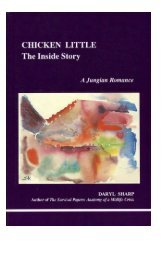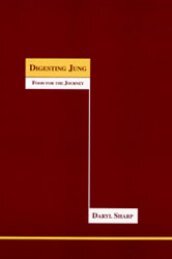Personality types: Jung's model of typology - Inner City Books
Personality types: Jung's model of typology - Inner City Books
Personality types: Jung's model of typology - Inner City Books
- No tags were found...
You also want an ePaper? Increase the reach of your titles
YUMPU automatically turns print PDFs into web optimized ePapers that Google loves.
Introduction to Jungian Typology 23far as they are capable <strong>of</strong> introspection 15 —but they do notgive them much weight; they will deny their validity and mayeven claim they are not influenced by them.Similarly, sensation <strong>types</strong> who are one-sidedly oriented tophysical sense perceptions may have intuitions, but even ifthey recognize them they will not be motivated by them.Likewise, feeling <strong>types</strong> will brush away disturbing thoughtsand intuitives will simply ignore what is right in front <strong>of</strong> theirface.Although the inferior function may be conscious as a phenomenonits true significance nevertheless remains unrecognized.It behaves like many repressed or insufficiently appreciatedcontents, which are partly conscious and partly unconscious. . . . Thus in normal cases the inferior function remainsconscious, at least in its effects; but in a neurosis itsinks wholly or in part into the unconscious. 16To the extent that a person functions too one-sidedly, theinferior function becomes correspondingly primitive and troublesome,both to oneself and to others. ("Life has no mercy,"notes von Franz, "with the inferiority <strong>of</strong> the inferior function.")17 The psychic energy claimed by the primary functiontakes energy away from the inferior function, which falls intothe unconscious. There it is prone to be activated in an unnaturalway, giving rise to infantile fantasies and a variety <strong>of</strong>personality disturbances.15 The difference between introversion and introspection is that the formerrefers to the direction in which energy moves, while the latter refers toself-examination. Although the capacity for introspection—which Jungcalls "self-communing" (see below, pages 38 and 68)—does seem to bemore prevalent among introverts, neither the introverted attitude nor thethinking function has a monopoly on introspection.16 Psychological Types, CW 6, par. 764.17 <strong>Jung's</strong> Typology, p. 12.










